Until last year, I held firm to that tribalist impulse familiar to many American Jews and refused to visit Germany (or fly Lufthansa or buy German products, etc.). Although no members of my immediate family had fallen victim to the Nazi terror, the resistance to things German was passed on from my parents’ generation, which shared in the belated outrage (and desire to expunge feelings of inadequacy) of postwar American Jewry.
In my case, the instinctual resistance to things German was something of an occupational hazard, since I am an historian of modern European Jewry, with a particular interest in German Jewish history. Over the past few years, I’d begun to question the logic of my German taboo. On an intellectual level, my interest in the great tradition of German Jewish thinkers from Moses Mendelssohn to Franz Rosen-zweig was growing constantly.
At another level, I was aware that from the time of Konrad Adenauer, Israel had engaged in extensive trade with West Germany; an Israeli ambassador sat in Bonn (and now Berlin); and Jewish organizations such as the Anti-Defamation League and American Jewish Committee had established serious dialogues with leading German groups and individuals. Moreover, I wanted to see for myself a phenomenon that reflected an historic sea change in German attitudes to the Jewish past: the explosive growth of Jewish studies in German universities.
Last year, my intellectual curiosity overcame my tribalist resistance, and I decided to make my way to Germany for an aca-demic conference. It was, I must confess, not only stimulating, but pleasant. I encountered accomplished German col-leagues, learned in different areas of Jewish history and fluent in Hebrew and Yiddish. I was particularly impressed by the earnestness of these col-leagues, many of them deeply religious Protestant men and women for whom the Holocaust was a searing wound in their collective psyche. We never actually sat down to talk about the Shoah, but its presence weighed heavily over every one of our discussions about the German-Jewish past. At the time, this silence seemed to make more sense than the alternative, for to open the floodgates of memory was to risk an unpre-dictable emotional response that might upset our very comfort-able academic decorum.
As I left the conference, I was troubled by this very silence in which I myself had been so complicit. A deep sense of malaise descended upon me as I boarded a train to Berlin. The harsh cadences of bureaucratic German, the view of a large factory in the countryside where slave labor was once employed, and the encounter with Germans old enough to have known about or participated in Nazi crimes – each of these experiences occasioned sadness and anger over the obliteration of one of the great Jewish communities in history. At such moments, I could not vanquish from my mind the furious dismissal by Gershom Scholem, the great scholar of Jewish mysticism, of the idea of a “German-Jewish symbiosis.” Not only did the German Jewish community end in death and destruction, but the notion of a genuine dialogue of equals between Jews and gentiles, Scholem insisted, was a cruel deception. What there was instead was a desperate and unrequited quest by Jews for recognition from the host society.
For decades, scholars have debated the justice of Scholem’s verdict against his own German Jewish past (he was the product of a highly assimilated Berlin Jewish family before “converting” to Zionism as a teenager). I too have debated the point in my own mind for some time – without resolution.
Indeed, Germany, and the German-Jewish past, occupy opposing poles in my mental landscape – one marking the site of unsurpassed violence in a long tradition of violence and the other the site of unprecedented cultural grandeur and achieve-ment. Rather than ignore the question, I feel drawn back to the very site of controversy.
Several weeks ago, I ventured to Germany again for another conference on Jewish studies. The gathering brought together scholars of different generations, methods and fields of study to meditate on the future course of Jewish historical research at the beginning of the new century. Perhaps even more impressive than the distinguished roster of speakers was the venue: Schloss Elmau, a spectacular castle cum hotel at the foot of the Alps in Bavaria. The magisterial serenity of this Bavarian castle can barely contain the complicated history of the place: Although the castle was once a favored resort of liberal intellectuals, its founder was deeply infatuated with Hitler’s personality and sense of mission.
Today’s proprietor, Dietmar Mueller-Elmau, the grandson of the original owner, is tirelessly devoted to exorcising the castle’s haunted historical demons. He shares in his forebear’s ambition to create at Elmau a center of great intellectual vitality. But for him, this goal is to be achieved by pushing the question of a German-Jewish dialogue to the very heart of Elmau’s intellectual life.
There was both an element of irony and of historical justice in holding our conference at Elmau. While inescapably marked by its past, the castle served to remind those in attendance that Germany was the birthplace and first home of modern Jewish scholarship. Indeed, the early generations of critically trained Jewish studies scholars received their education in German universities. Yet not one of these ambitious and intelligent scholars was afforded a professorial appointment in the very universities in which they trained. Consequently, Jewish studies developed in a series of nonuniversity settings, rabbinical seminaries and Jewish research institutes – all of which disappeared with the advent of Nazism.
It is against the backdrop of that history that today’s growth of Jewish studies in Germany is so striking. One can not help but be impressed by the fact that dozens of universities offer programs in the field or that scores of excellent non-Jewish German graduate students are writing dissertations in Jewish history (many of which are reviving the memory of forgotten Jewish communities or institutions). Indeed, when one observes this development, one is led to believe that a genuine German-Jewish dialogue, at least at the level of scholars, is now underway.
But the considerable good will of Jewish studies scholars in Germany can not remove the deep scars in the relationship between Germans and Jews. This point became especially clear at the close of the conference at Elmau in a session devoted to the Holocaust in recent Jewish historical scholarship. The first two panelists – Dr. Yfaat Weiss of Haifa and Prof. Saul Friedlander of UCLA – noted that German scholarship on the Holocaust tends to focus largely, if not exclusively, on the Nazi perpetrators. The voices of the Jewish victims are rarely included. The third panelist, a well-known German scholar, acknowledged this tendency. He explained that he and his age cohort, although several generations removed from Nazism, were not yet prepared emotionally to integrate the experience of the Jews into their scholarly accounts. Thus, many volumes of German scholarship on Nazism are published each year in which the words “Jew” or “anti-Semitism” do not appear.
This candid admission reminded me of the deep chasm that still separates the historical memories of Germans and Jews. It helped me understand why people possessed of the best intentions and even a strong sense of moral urgency could somehow slip into silence over the deep abyss that is the Shoah. I myself had been lured into that silence. I have not yet found a way to overcome it in addressing my German colleagues. So I carry within me an abiding tension between memory of the dark German past and openness to a new German-Jewish dialogue. That tension is enervating, confusing, and constant. But it is the minimal price I must pay when in Germany.
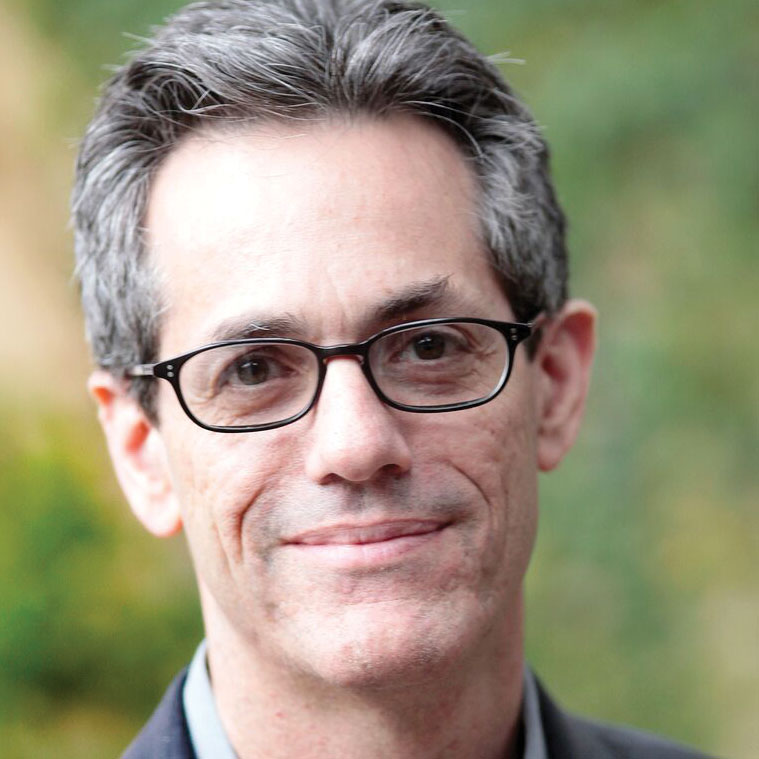






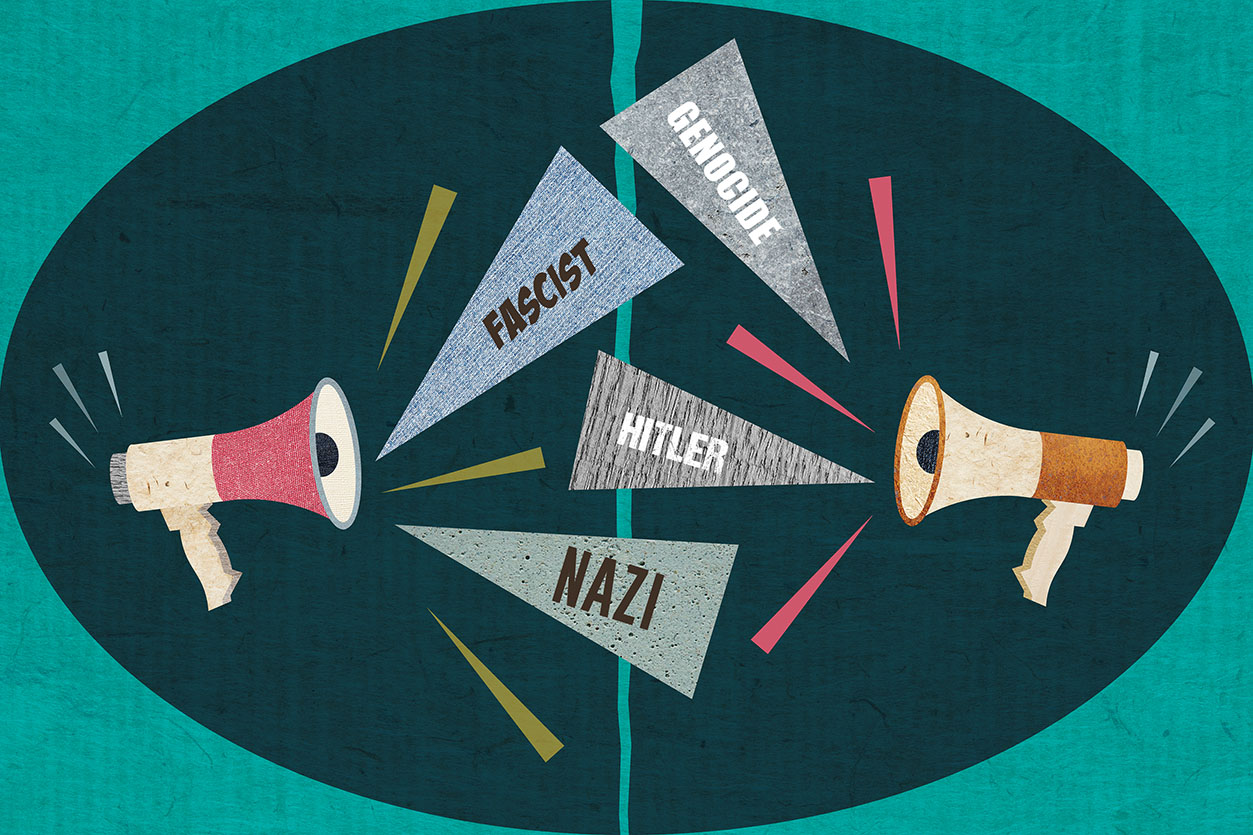

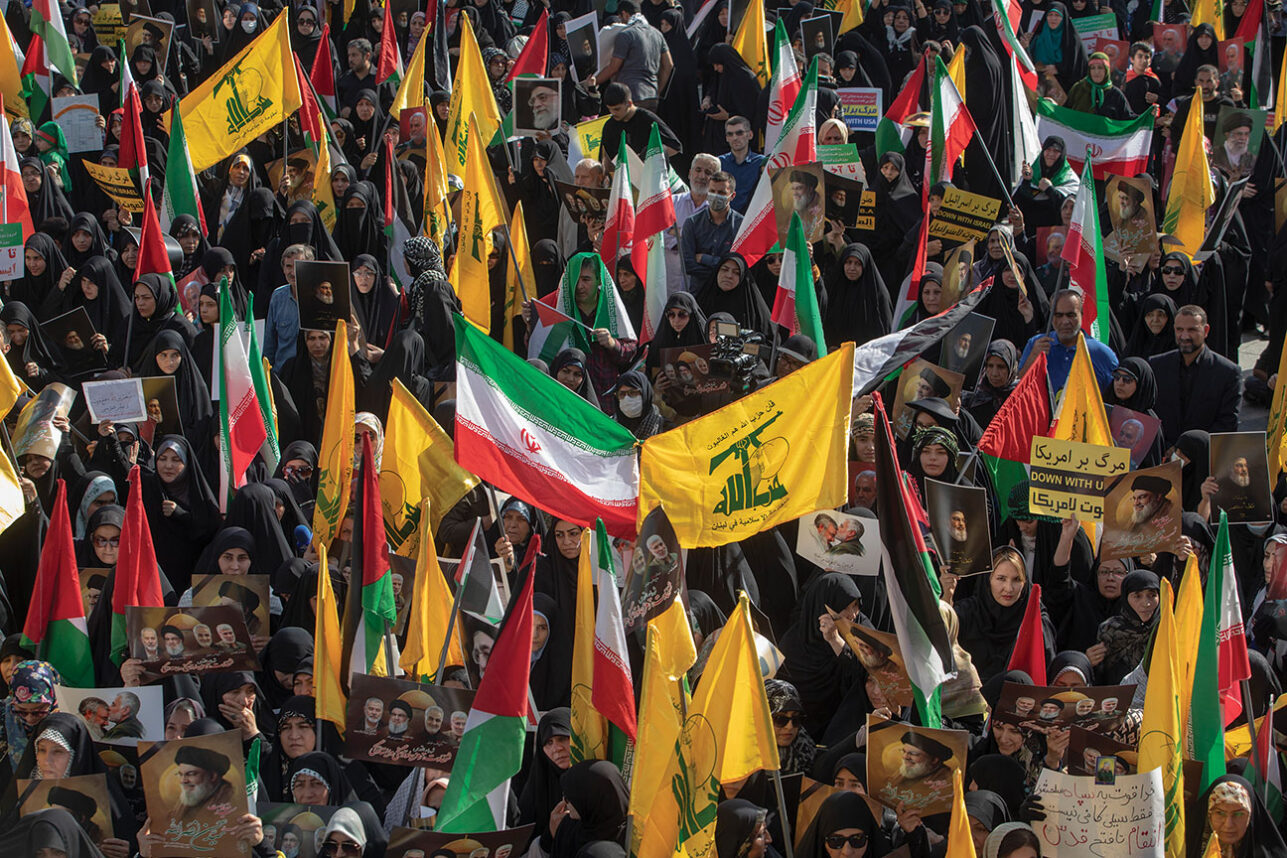
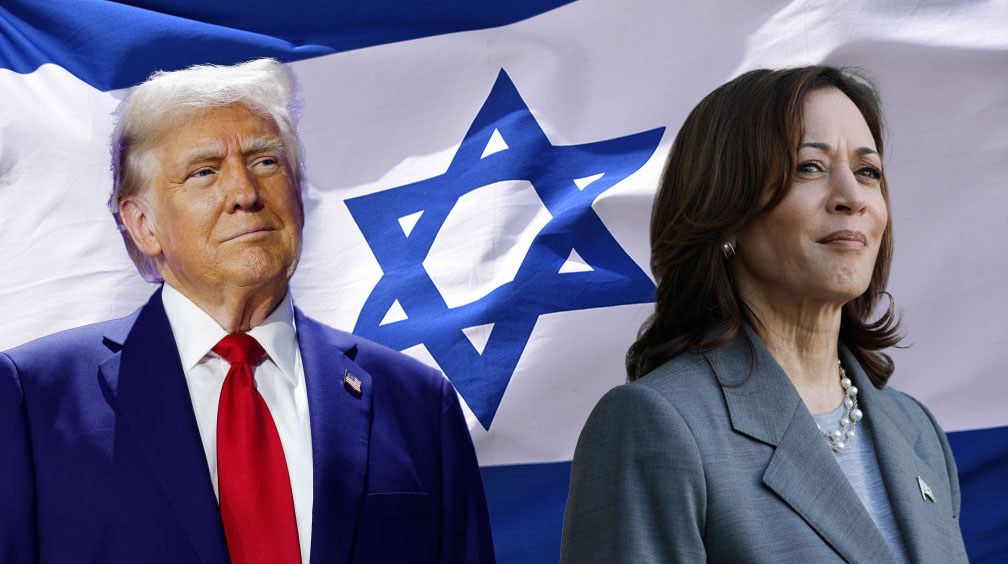
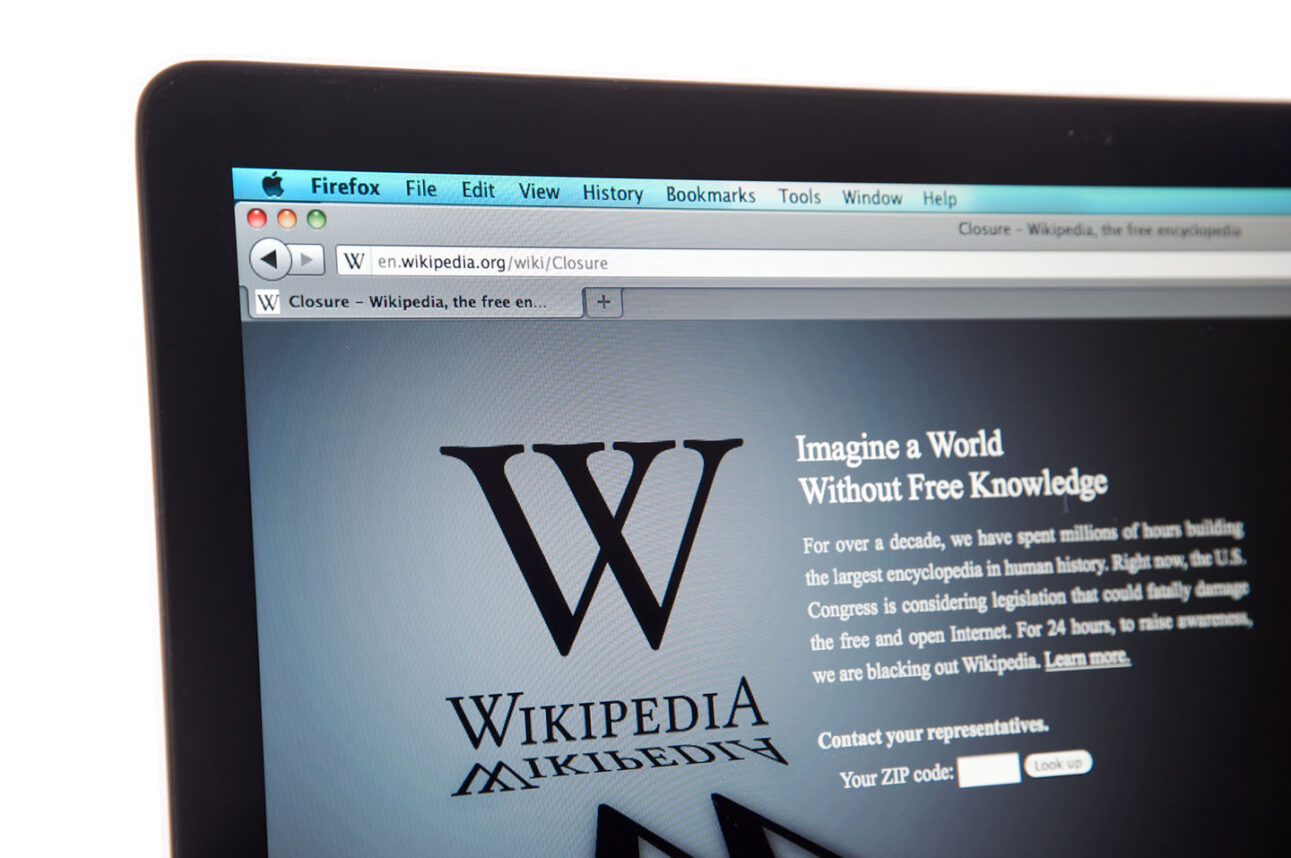
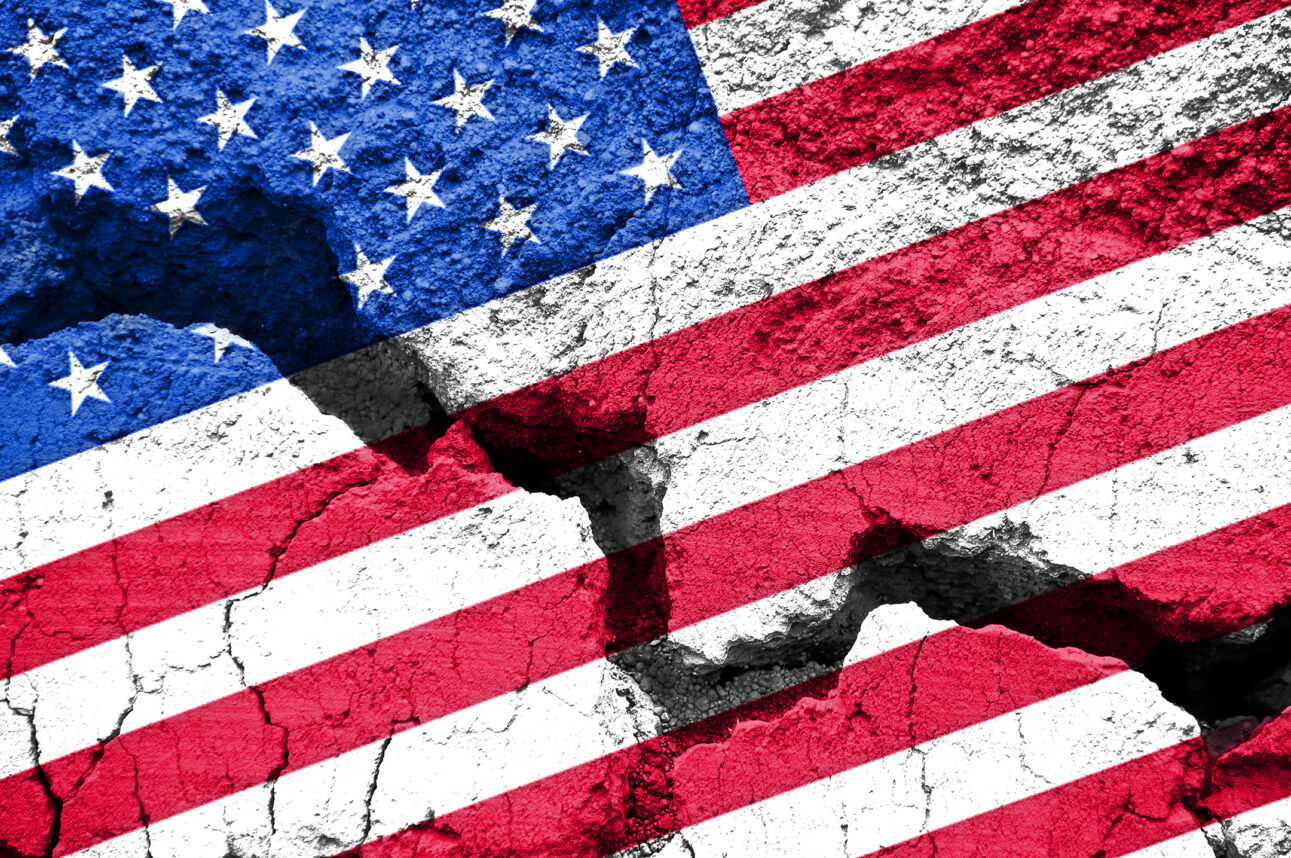
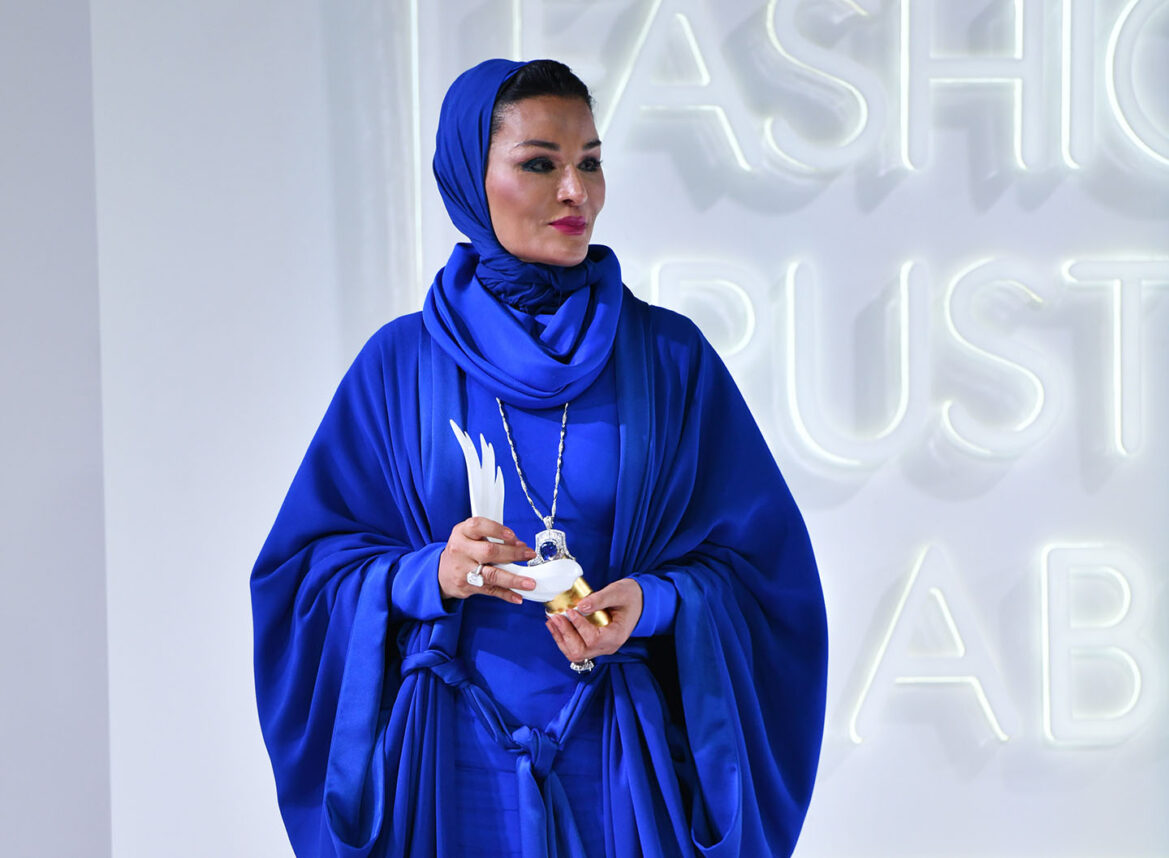
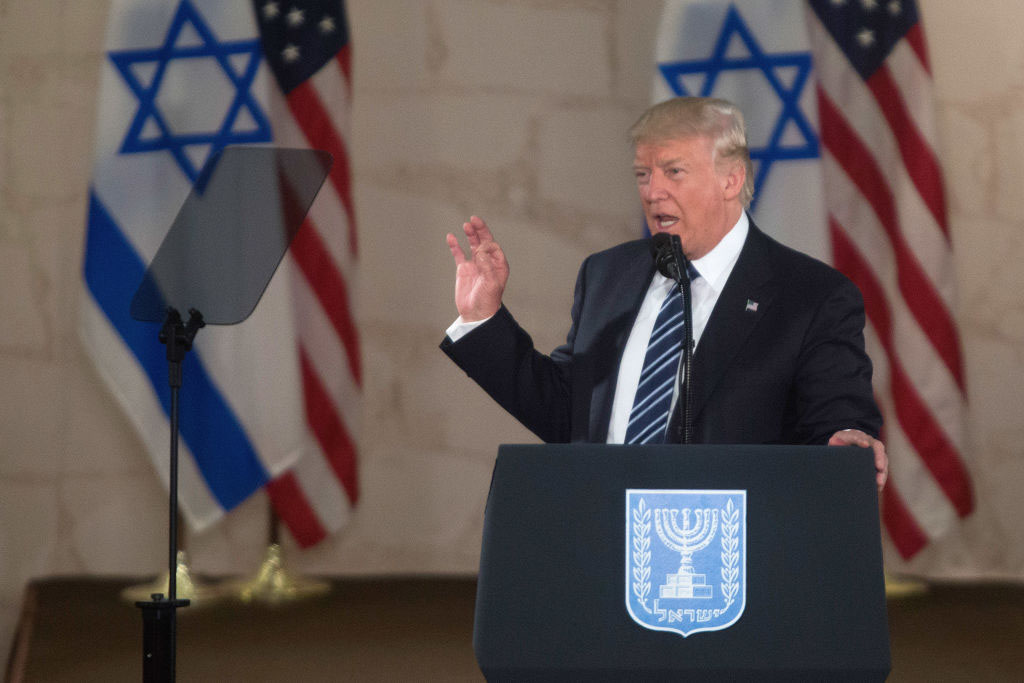
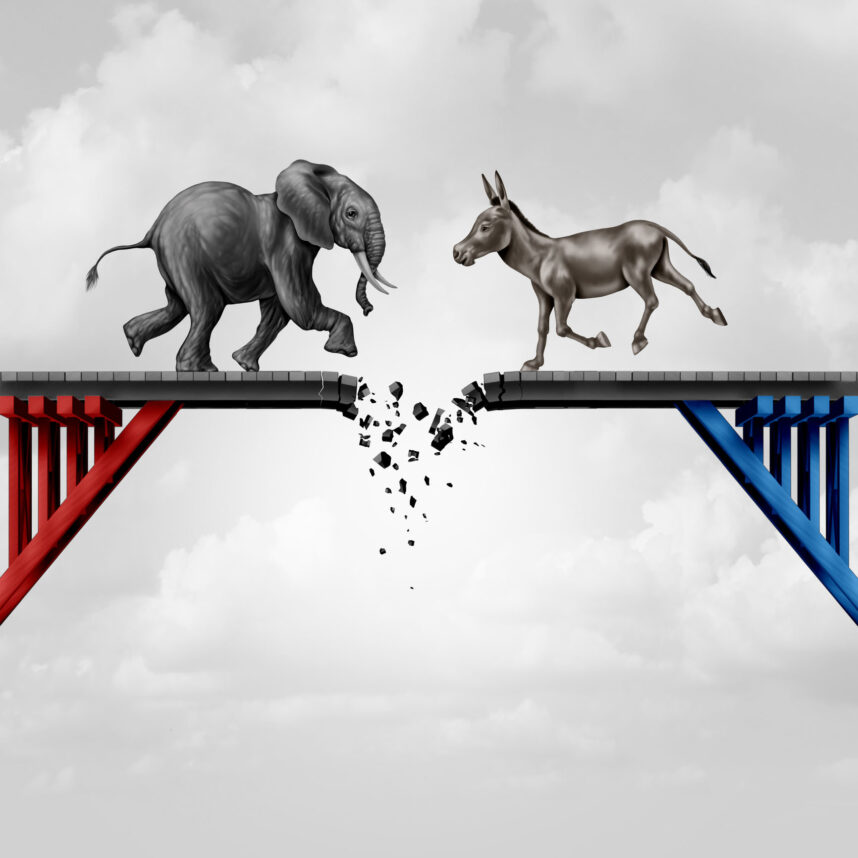
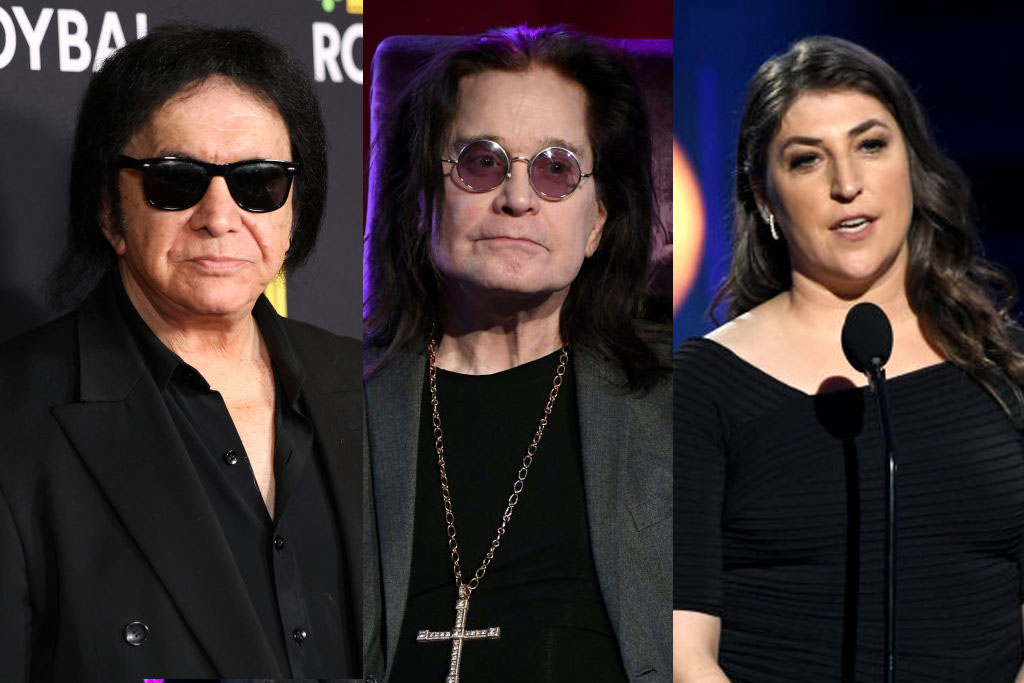





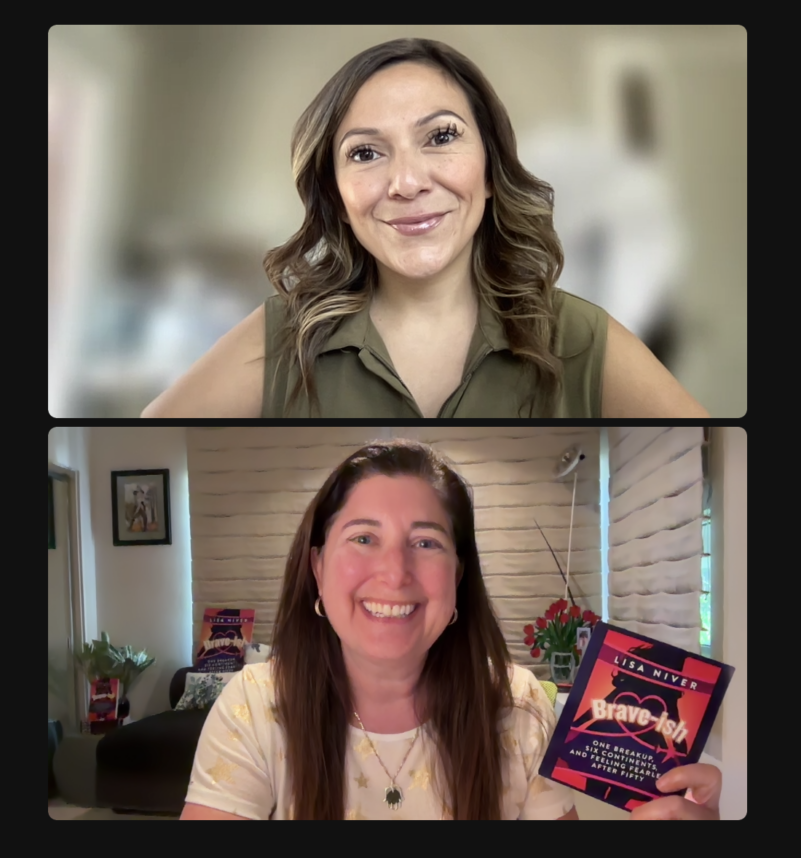
 More news and opinions than at a Shabbat dinner, right in your inbox.
More news and opinions than at a Shabbat dinner, right in your inbox.